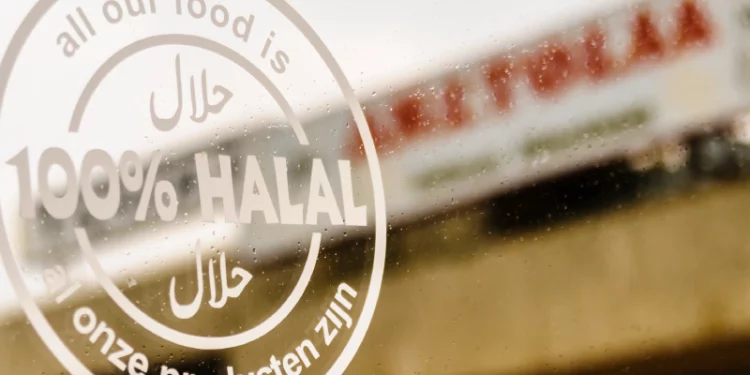The Nigerian government is set to unveil a comprehensive strategy to position the country as a key player in the $7 trillion global Halal economy. The initiative aims to grow Nigeria’s Gross Domestic Product (GDP) by $1.5 billion by 2027.
Aliyu Sheriff, Special Assistant to the Vice President on Export Expansion, announced this on Monday ahead of the Halal Stakeholders Engagement Programme scheduled for Wednesday at the State House Conference Centre in Abuja.
According to a statement by Stanley Nkwocha, Senior Special Assistant to the Vice President on Media and Communications, the initiative will bring together government agencies, private sector leaders, and international partners. Nigeria aims to leverage its position as the world’s eighth-largest domestic Halal economy to tap into this rapidly growing market.
“The Halal economy represents a tremendous opportunity for Nigeria to diversify our economy, generate foreign exchange, and achieve sustainable growth,” Sheriff said. He added that by increasing Halal exports and focusing on strategic import substitution, the country could add up to $1.5 billion to its GDP by 2027.
The Halal economy, which includes products and services that comply with Islamic standards, goes beyond religious boundaries. Sheriff noted that it embodies principles of ethics, integrity, and quality that appeal to various cultures globally.
Sheriff also highlighted the success of Sukuk bonds and the rise of Islamic banking in Nigeria, emphasizing that Halal principles are compatible with global economic standards and can benefit all Nigerians. “It’s not just about tapping into a market; it’s about elevating our standards and practices to world-class levels,” he said.
The government’s focus on the Halal economy is part of broader efforts to diversify the economy and create new opportunities for Nigerian businesses to compete on a global scale.










